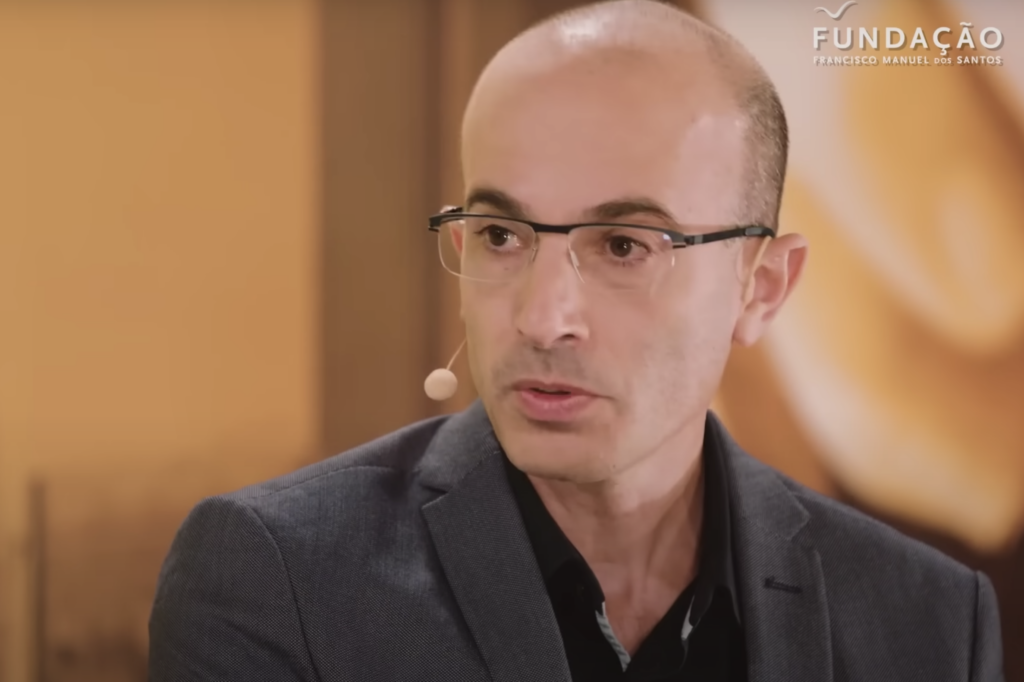Yuval Noah Harari, a professor of history at the Hebrew University in Jerusalem and a member of the WEF, recently made a prediction about the potential of artificial intelligence (AI) to “correct religions” by rewriting the Bible. During a live broadcast of the program “It’s Not That Simple” in Lisbon, Portugal, on May 19, Harari emphasized that AI is the first technology capable of generating original ideas. He argued that unlike previous technologies such as printing and broadcasting, AI has the ability to judge the value of religious ideas.
Harari pointed out that while technologies like the printing press, radio, and television could disseminate thoughts, they were unable to develop fresh concepts. He highlighted the example of Gutenberg’s printing press, which produced multiple copies of the Bible but did not generate any new content. In contrast, AI has the potential to generate new ideas, including the creation of a new Bible.
The professor suggested that in a few years, there may be religions whose holy texts are authored by artificial intelligence. However, he also expressed skepticism about whether people would genuinely turn to an AI chatbot for answers to profound questions about God, morality, and the afterlife. Harari highlighted a recent incident where hundreds of individuals attended a church service created by ChatGPT, a chatbot, where a sermon was delivered by an avatar on a screen above the altar.
Harari raised concerns about AI’s increasing influence, noting that it is not merely replacing humans but also assuming the role of the Holy Spirit in certain contexts. Harari has long envisioned a society where technology reigns supreme, as demonstrated by his presentation at the 2018 WEF meeting titled “Will the Future Be Human?” In that talk, he speculated about the possibility of algorithms being used to predict individuals’ sexual orientations.













